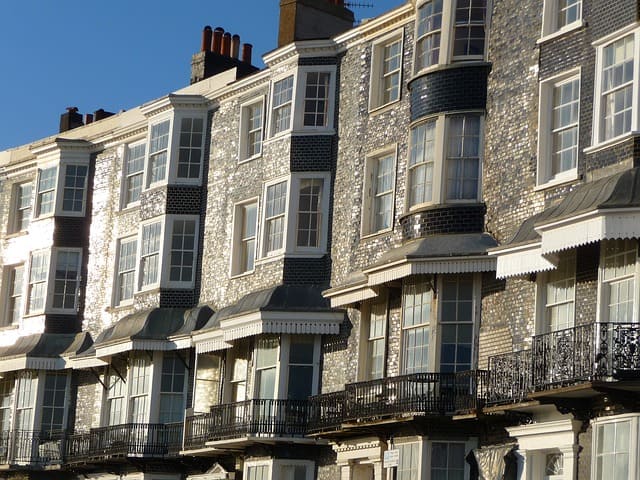
Local Housing Allowance rates will rise from this April giving those in private rented accommodation more support to afford market rates.
Local Housing Allowance (LHA) determines the maximum housing support available for renters in receipt of either the housing element of Universal Credit or Housing Benefit.
In last November’s Autumn Statement it was announced that LHA rates would be uprated across Great Britain for the first time in three years.
The announcement means housing benefit rates will be reset to cover the cheapest 30% of properties.
Since the UK Government introduced a freeze on housing benefit in 2020, the affordability of properties has plummeted as rental costs have hit record levels.
Homelessness charity Crisis’ carried out research with Zoopla last year which showed that in England just 4% of 1-3 bedroom properties were affordable on Local Housing Allowance. Across Great Britain, the figure is just 5%. This has meant tens of thousands of people have been unable to afford increasing rental costs, many being forced into homelessness.
The charity says the uprating is “the single biggest step the Chancellor could take to prevent and end homelessness for tens of thousands of households.”
Chancellor Jeremy Hunt told Parliament in November: “Because rent can constitute more than half the living costs of private renters on the lowest incomes, I’ve listen closely to many colleagues as well as the Institute of Fiscal Studies, the Resolution Foundation, Citizens Advice UK and the Joseph Rowntree Foundation who said that unfreezing the local housing allowance was an urgent priority.
“I will then increase the local housing allowance rate to the 30th percentile of local market rents. This will give 1.6 million households an average of £800 of support.”
Indicative rates have now been published by government showing a positive uplift in LHA rates for Thanet.
Current rates per month
- Shared accommodation £299.17
- 1 bedroom £473.72
- 2 bedrooms £648.22
- 3 bedrooms £797.81
- 4 bedrooms £947.40
Indicative new rates per month
- Shared £379.99
- 1 bed £577.83
- 2 bed £749.99
- 3 bed £899.99
- 4 bed £1,150.01
At the time of the announcement, Matt Downie, Crisis Chief Executive, said: “1.8 million private renters currently receive housing benefit in England alone, yet our research with Zoopla shows that just 5% of properties in Great Britain are affordable to them. We’re pleased the Chancellor has listened to calls from the homelessness sector and councils and taken action to prevent more hardship.
“The three-year freeze on housing benefit has had devastating and far-reaching consequences, with people on the lowest incomes being completely priced out of renting. At the same time, we now have over 100,000 households in England alone trapped in temporary accommodation, while the number of people sleeping rough is climbing fast. Many councils are on the verge of financial collapse trying to cope with the demand.
“While the Chancellor’s decision to tackle homelessness in the short-term is a positive step, there is no room for complacency. The next UK Government must sustain this investment, otherwise we will see homelessness rise again.”

Thanet council deputy leader Helen Whitehead, who is portfolio holder for housing, said: “Over the past few years Thanet has been through a period of extraordinary change and inflation in our rental market, with many of our most vulnerable residents still only receiving support at an assumed rental level dated to 2018/19.
“Many properties are now at or over 100% of the rental levels from 2018, and in spite of that, and in spite of multiple contacts with central government requesting an uplift, Local Housing Allowance remained frozen, which created an ongoing and extraordinarily difficult situation for Thanet residents.
“A rise in Local Housing Allowance is welcomed, as it should help to make many more private properties available to those on lower incomes; but there are still many more issues to be addressed to support residents in the private sector, and ensure that private rentals not only provide equity, but also are supported to do so.”
However, Cllr Whitehead says the council believes the indicative rates should be higher than those published by government.
She said: “We are currently assessing the indicative rates against local rentals, as we believe the rates should be higher in relation to local rental levels, and the figures currently seem to contain some unusual disparities; although an increase is welcome it needs to be an increase that fully reflects the local housing market.”
The Secretary of State has committed to reviewing the level of LHA rates annually.

